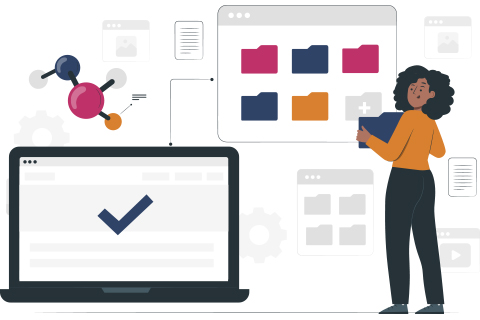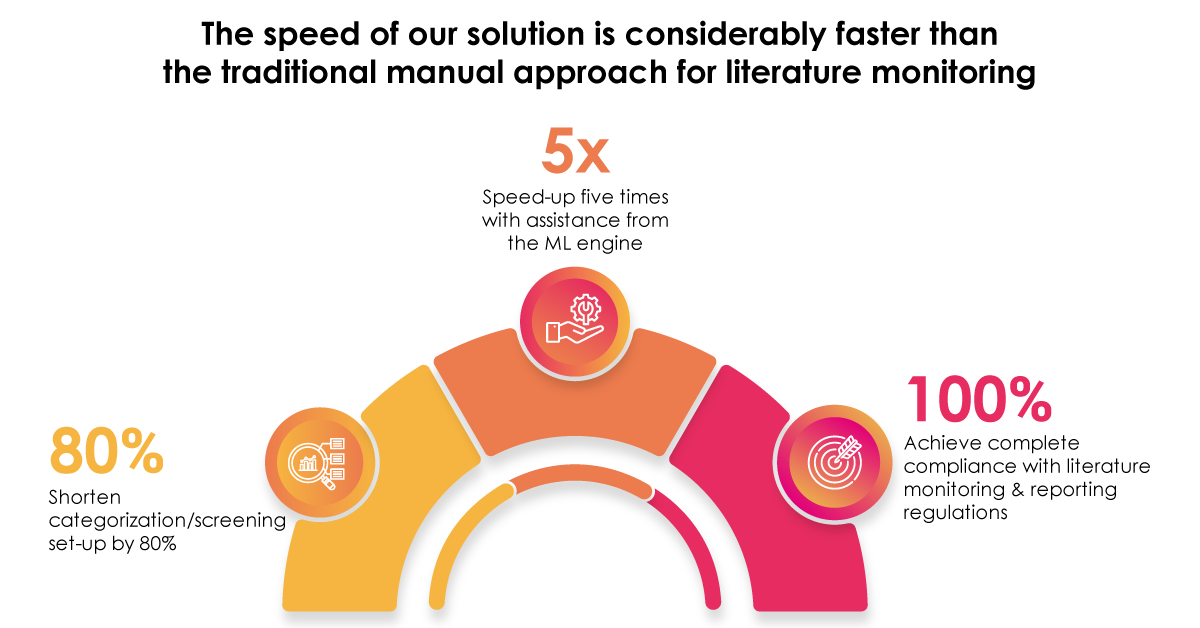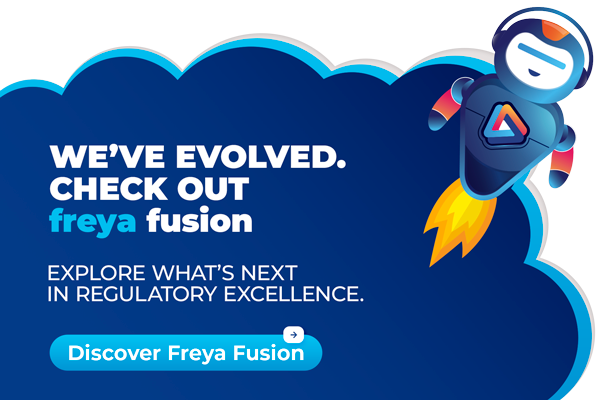
Pharmacovigilance safety database systems are crucial in today’s Life Sciences world, where ensuring data quality is integral to help simplify the process of managing medical and scientific literature. Literature monitoring, an important process in drug safety vigilance, offers an end-to-end approach for literature surveillance in pharmacovigilance. Such processes bring a streamlined and compliant approach to the organization. Automating the process will bring many benefits, including efficiency and accuracy without additional risks.
Drug Discovery - An Ever-evolving Process
Regardless of the format or source of the data, the literature monitoring process is a powerful and user-friendly solution that can help pharmaceutical companies meet their recurring literature monitoring needs for drug products. The goal at every stage of the literature monitoring process is to save costs and time by reducing manual work hours for the end user.
Literature monitoring through automation offers diverse benefits such as:
- Minimal setup
- End-to-end audit trail
- Continuous monitoring
- Analytics with deep insights
The HA-compliant technologies can indicate any Regulatory department to count on the use of Machine Learning (ML) tools to manage the ICSR. With all the complexity, ICSR reporting compliance is still expected to be 100% facing all the local and global literature challenges.
Literature monitoring is traditionally performed by local language experts, language translation companies, regional affiliates, etc. It has been a costly and complex global coordination function, covering multiple time zones. With the advancement in technology and automation processes launching in lingual literature monitoring, the translation of global scientific documents has gained an advantage. Similarly, the key requirement across several Regulatory/R&D functions in local multi-lingual literature monitoring is the translation of global scientific documents.
Literature Monitoring & Challenges
- Ensuring that the search string is robust enough to capture all relevant hits and not capture irrelevant information
- No single point in the repository of medical journals
- Manual work requires huge resource
- Cost in-effectiveness and sluggish procedure
- No automatic system available to track worldwide published literature
- Handling huge volumes of literature journals manually
Considering the above-mentioned challenges, Freyr has developed a scalable automation solution for Literature Monitoring - Freyr GLASS (Global and Local Literature Assessment Software for Safety Surveillance).
Freyr GLASS is a literature management application that handles indexed and non-indexed medical journals, keeps track of relevance in the industry and stays updated. It enables the classification of product-relevant journals based on the content, alerts, and distribution of literature pertinent to MAH’s from the repository by incorporating the following steps:
- Screening - The application downloads new articles, reviews, and screens for product name/active ingredient name mention of Pharma customers' products, classifying them as positive or negative.
- Assessment - It involves taking the 'positive' product mentions and classifying them as valid or invalid ICSRs.

Experience how Freyr GLASS can be your intelligent automated tool that provides consistent search experience and standardize all medical literature database/data in a non-indexed journal that can automate and reduce the time needed by 50%.
In conclusion, a strong, compliant, and time-saving mechanism is integrated through automation in literature surveillance for Pharmacovigilance to circumvent the issues of under-reporting and tedious manual intervention in reporting processes.
To learn more about Freyr GLASS, please visit Freyr Digital or Request a demo.
